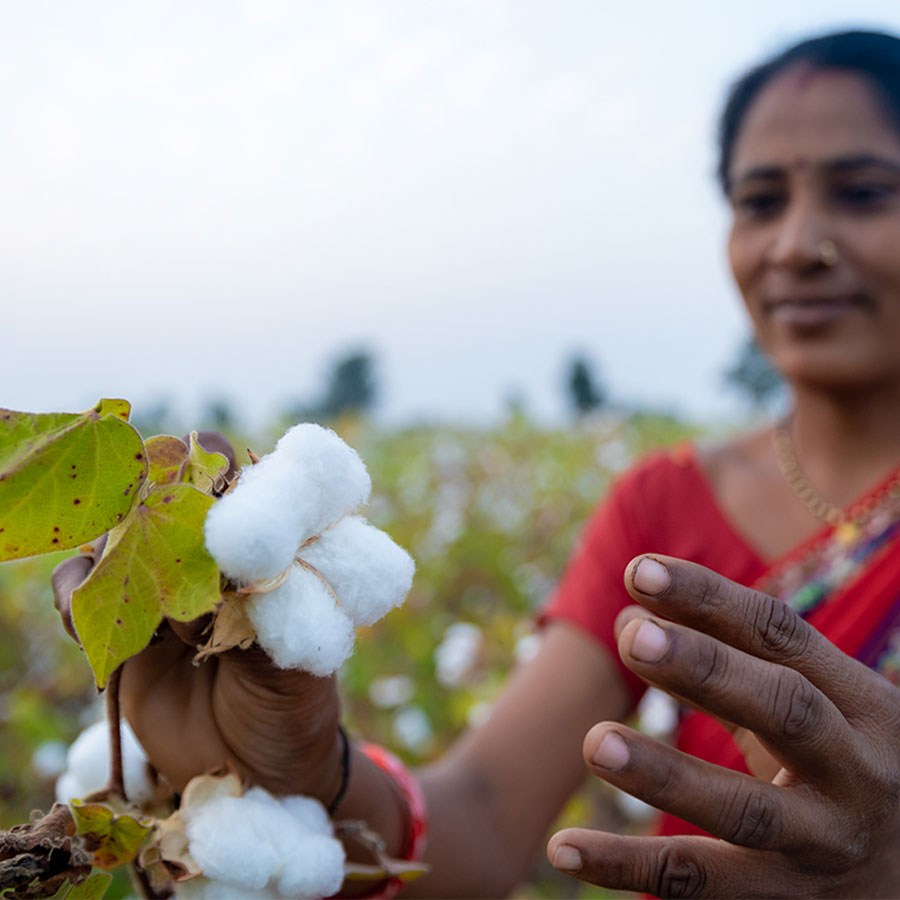Blog from Thomas Mason, Programme Manager, Sustainability and Impact
Since we were founded in 2016, OCA (Organic Cotton Accelerator) has been on a journey to unite the sector and unleash the full potential of organic cotton for people and the planet. Our journey began with 8 founding partners and a pilot Farm Programme containing 1,795 farmers. Six years later OCA has grown to include full Farm, Seed and Innovation Programmes and currently works with nearly 80,000 funded by over 35 committed Contributors and implemented by our on the ground partners.
Throughout our journey, it has always been apparent that impact cannot be achieved in isolation, which is why driving sector change through a collaborative approach is one of our key 2030 Strategy Priorities. Alongside prioritising a collaborative approach, we also see the need to deliver robust social and environmental farm level data, also a key component of our Strategy.
Together these two goals have led OCA to joining the Sustainable Apparel Coalition (SAC), who’s vision of a ‘global consumer goods industry that gives more than it takes – to the planet and its people’ aligns with that of our own.
As a member of SAC, our team is participating within the Cotton Expert Team for the Material Sustainability Index (MSI). Due to our collective efforts the Index will ensure organic farmers and the cotton they produce are fairly and accurately represented within the Higg Products Tools which assess 5 environmental impacts:
- Global Warming Potential
- Nutrient Pollution in Water (Eutrophication)
- Water scarcity
- Fossil fuel depletion
- Chemistry
We know that material and product developers at global Brands and Retailer need access to accurate and representative data. It allows them to view the environmental impact of various fibres, including organic cotton, through a holistic and impartial lens and empowers them to make informed decisions. The decisions they make, should trickle-down to consumers and enable them to purchase more environmentally friendly garments and footwear.
Positive change cannot be delivered singlehandedly, but through collective momentum and dedicated expertise. At OCA we look forward to more collaborative partnerships across the textile sector, such as SAC that supports standardising supply chain sustainability measurements.
Read more about OCA joining SAC here

